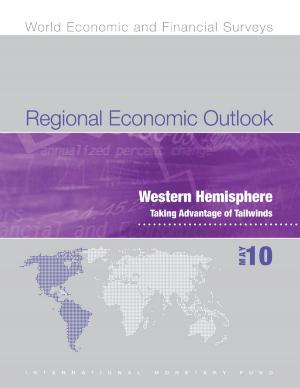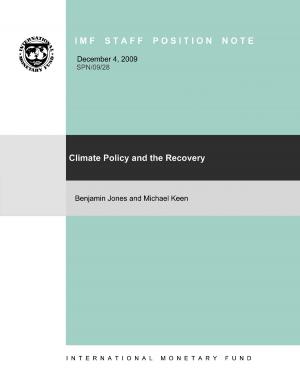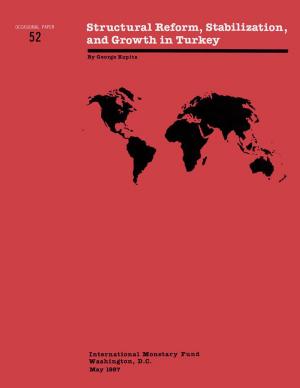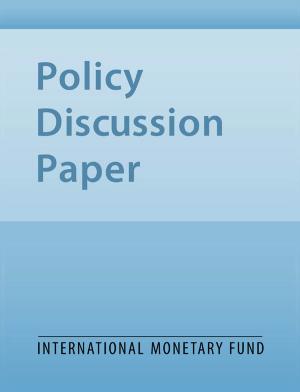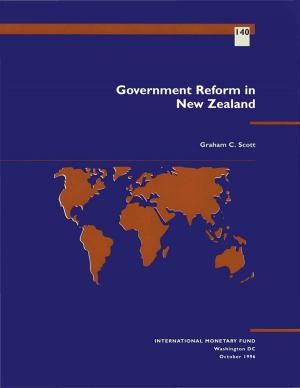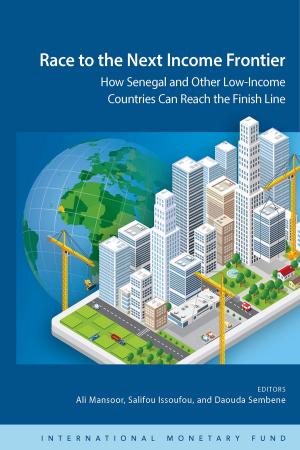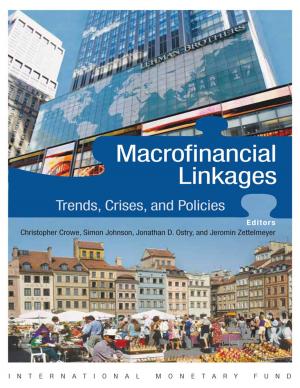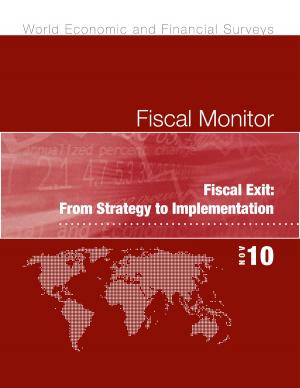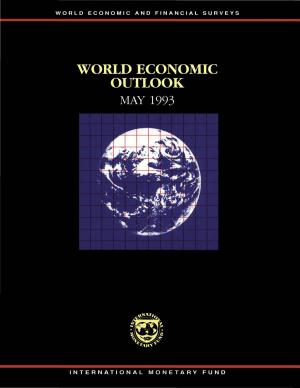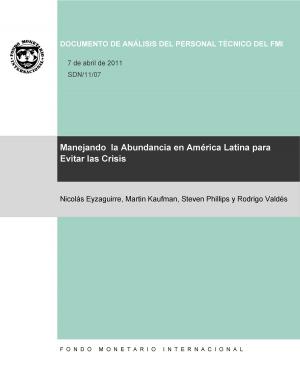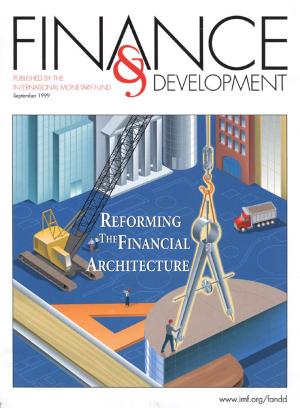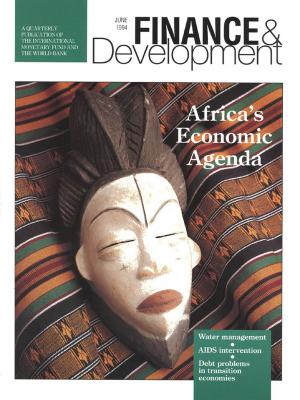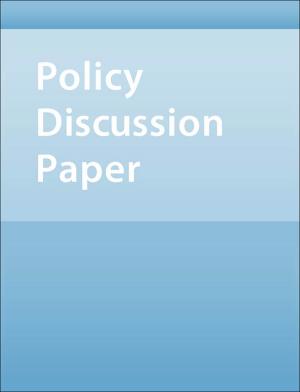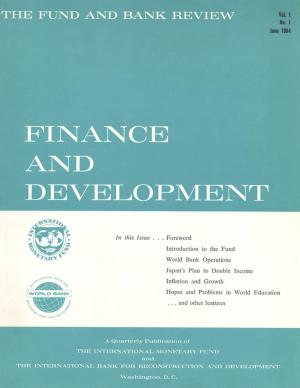The CFA Franc Zone: Common Currency, Uncommon Challenges
Business & Finance, Economics, Public Finance, Finance & Investing, Banks & Banking, Macroeconomics| Author: | Anne Ms. Gulde, Charalambos Mr. Tsangarides | ISBN: | 9781451998665 |
| Publisher: | INTERNATIONAL MONETARY FUND | Publication: | April 2, 2008 |
| Imprint: | INTERNATIONAL MONETARY FUND | Language: | English |
| Author: | Anne Ms. Gulde, Charalambos Mr. Tsangarides |
| ISBN: | 9781451998665 |
| Publisher: | INTERNATIONAL MONETARY FUND |
| Publication: | April 2, 2008 |
| Imprint: | INTERNATIONAL MONETARY FUND |
| Language: | English |
About one-third of countries covered by the IMF's African Department are members of the CFA franc zone. With most other countries moving away from fixed exchange rates, the issue of an adequate policy framework to ensure the sustainability of the CFA franc zone is clearly of interest to policymakers and academics. However, little academic research exists in the public domain. This book aims to fill this void by bringing together work undertaken in the context of intensified regional surveillance and highlighting the current challenges and the main policy requirements if the arrangements are to be carried forward. The book is based on empirical research by a broad group of IMF economists, with contributions from several outside experts.
About one-third of countries covered by the IMF's African Department are members of the CFA franc zone. With most other countries moving away from fixed exchange rates, the issue of an adequate policy framework to ensure the sustainability of the CFA franc zone is clearly of interest to policymakers and academics. However, little academic research exists in the public domain. This book aims to fill this void by bringing together work undertaken in the context of intensified regional surveillance and highlighting the current challenges and the main policy requirements if the arrangements are to be carried forward. The book is based on empirical research by a broad group of IMF economists, with contributions from several outside experts.

